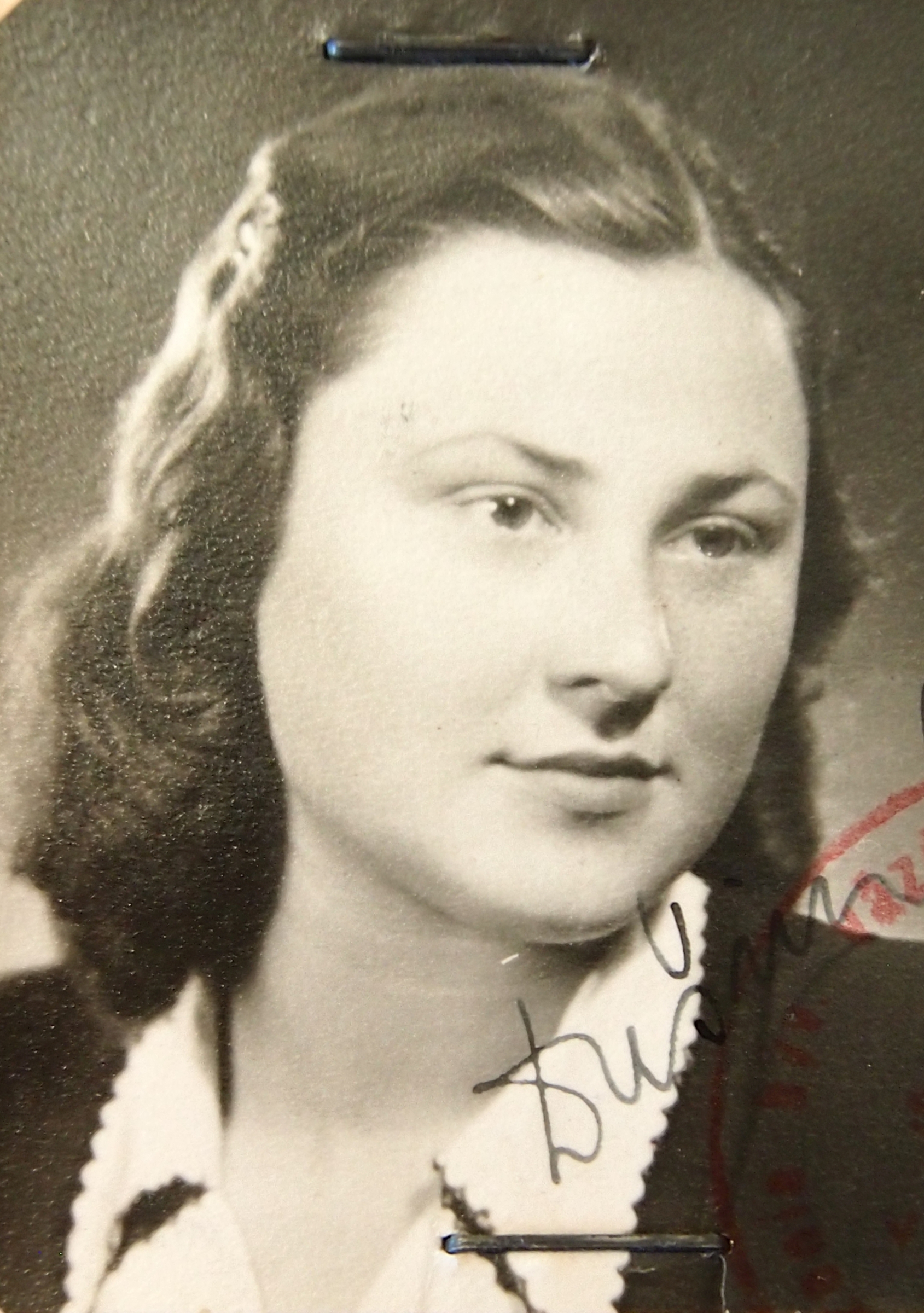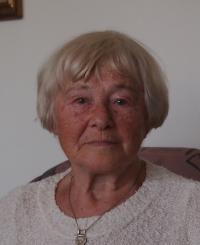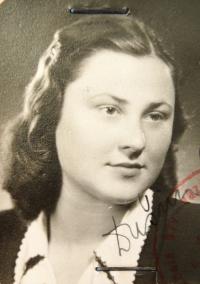I said to myself that I wouldn’t bring a second child into this world, not after all I had been through

Download image
Marta Charvátová, née Dušinská, was born on 2 April 1926 in Trnava, Czechoslovakia (now Slovakia). She grew up in Bohunice, where he father managed a distillery. After the declaration of the Slovak State, she was discriminated against because of her Jewish origin. She was expelled from her school in Trnava and banned from studying. The family tried unsuccessfully to emigrate to South America or escape to Hungary. Then the Dušinskýs moved to Nové Město nad Váhom. In autumn 1944 the whole family hid in a forest bunker near the village of Kálnice, where they hid for two months to avoid persecution. However, they were found by the Germans in November 1944; they were captured and imprisoned in the concentration camp in Sereď. In December Marta and her mother boarded a transport to the Ravensbrück concentration camp. They were also held in the Bavarian concentration camps of Burgau and Türkheim. Marta lost thirteen of her close relatives during the war, including her brother Osvald, who died during a death march from Sachsenhausen. In 1949 she married the full-time soldier Jaroslav Charvát, who had been in the anti-Fascist resistance during the war and had been interned in German prisons. Marta Charvátová followed her husband when he was transferred, moving first to Kolín, then to Pilsen, where the witness lives as of 2017. In 1951 she gave birth to their son, and she devoted ten years to caring for their child and keeping their house. After that she worked as a shop assistant and manager at a health and beauty store until her retirement.


